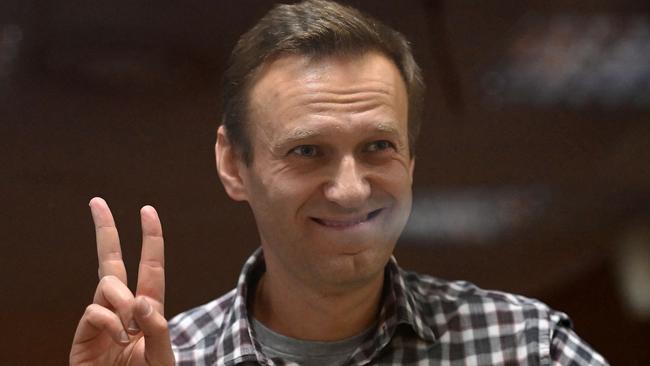
Sacrifice of self is at the heart of the most potent narratives. It never ceases to astonish and teach; to recalibrate us, for the better. The power of all those stories throughout history, where an individual dies, or comes close to it, for a cause larger than themselves. Jesus Christ. Joan of Arc. Captain Oates, of “I’m just going outside and may be some time” fame. The Irish hunger strikers. Our Gallipoli soldiers. The Chernobyl Three.
It’s the most powerful act of humanity because it involves destroying yourself, selflessly, to improve the lot of others. Laying down your life, so that others may have a better life, goes to the heart of human generosity, to the beauty of the human spirit; nothing moves us quite like it. The act proclaims: This is us, the best of us. It’s why it is such a powerful storytelling tool. Fiction has given us Harry Potter’s parents. Gandalf. Obi-Wan Kenobi. The act of sacrificing your existence for others snags the heart. Myth interrogator Joseph Campbell declared the theme of sacrifice as all-important. “A hero is someone who has given his or her life to something bigger than oneself.”
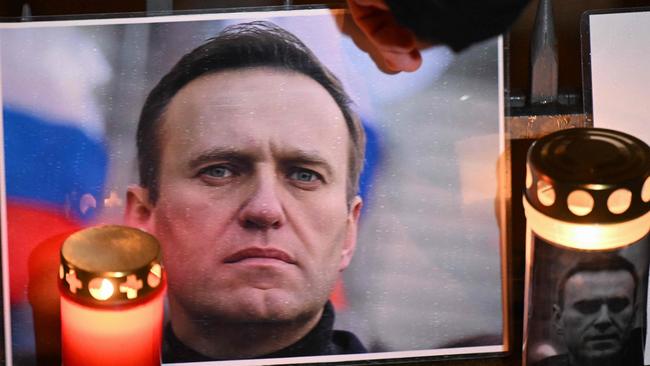
Alexei Navalny intrinsically understood the power of this. He returned to his homeland several years ago after recovering from an attempted assassination by Putin’s henchmen, who poisoned his underwear. Why go back, I thought at the time, fool! There’s only one way this can end. But Navalny knew what he was doing. He understood the weight of history, and masterful narratives. By dying he would only become larger, as his nemesis became smaller and smaller in the world’s eyes. By dying, Navalny’s conscience roars through an election he could never win.
Navalny showed Russia just how deeply he loved it; by dying for it, and within it, instead of living a comfortable life in exile. Sacrifice reveals character. And at the upcoming Russian election Navalny’s courage will be everywhere, in people’s minds. He’s Russia’s conscience now. Sacrifice is always about love in some form; in Nalvalny’s case, it was love of country. By returning to be murdered he has written himself into history, and myth. As has Vlad the poisoner, a puny man against a moral giant. This is how heroes are forged.
“For you, and for any dear to you, I would do anything,” Charles Dickens wrote in A Tale of Two Cities. “I would embrace any sacrifice for you and for those dear to you. And when you see your own bright beauty springing up anew at your feet, think now and then that there’s a man who would give his life, to keep a life you love beside you.” Navalny dreamed of seeing the bright beauty of Russia once again. I hope there are statues of him in a Russia of the future, monuments to the courage of a man who championed freedom for a country he dearly loved. Navalny had love in his heart, unlike his nemesis. He did not die in vain. I am sure his moment will come when the statues are raised.


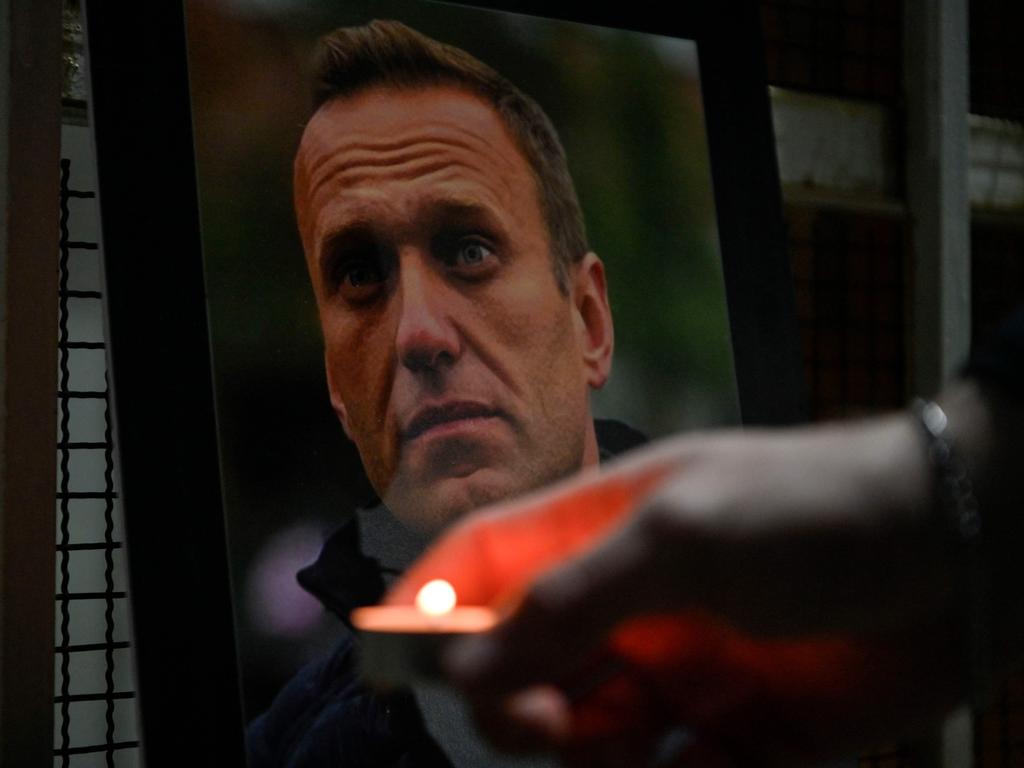
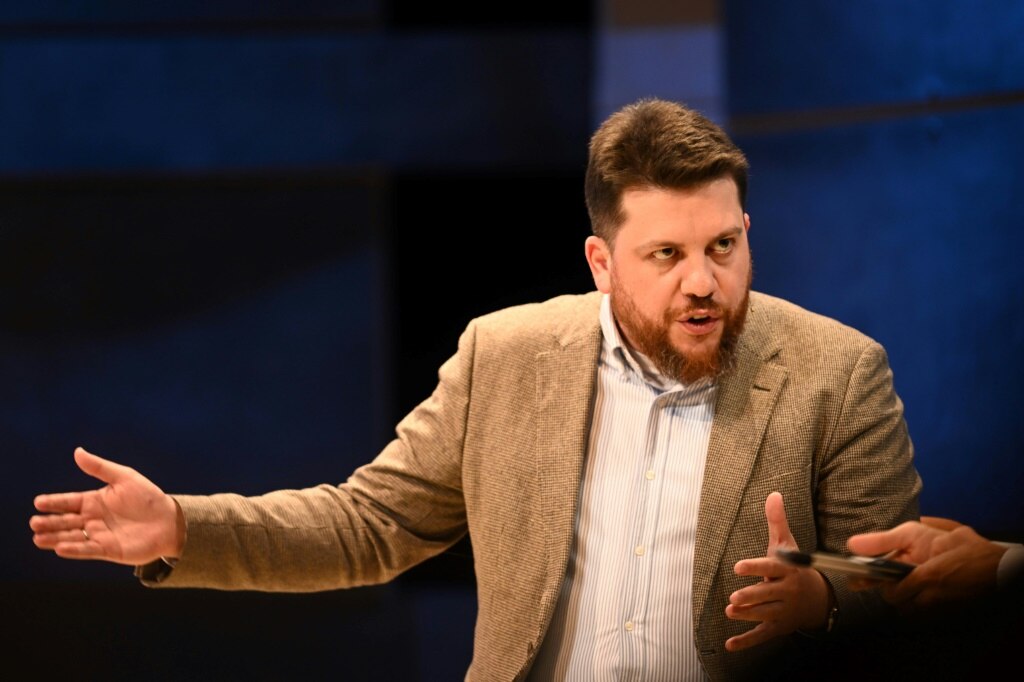
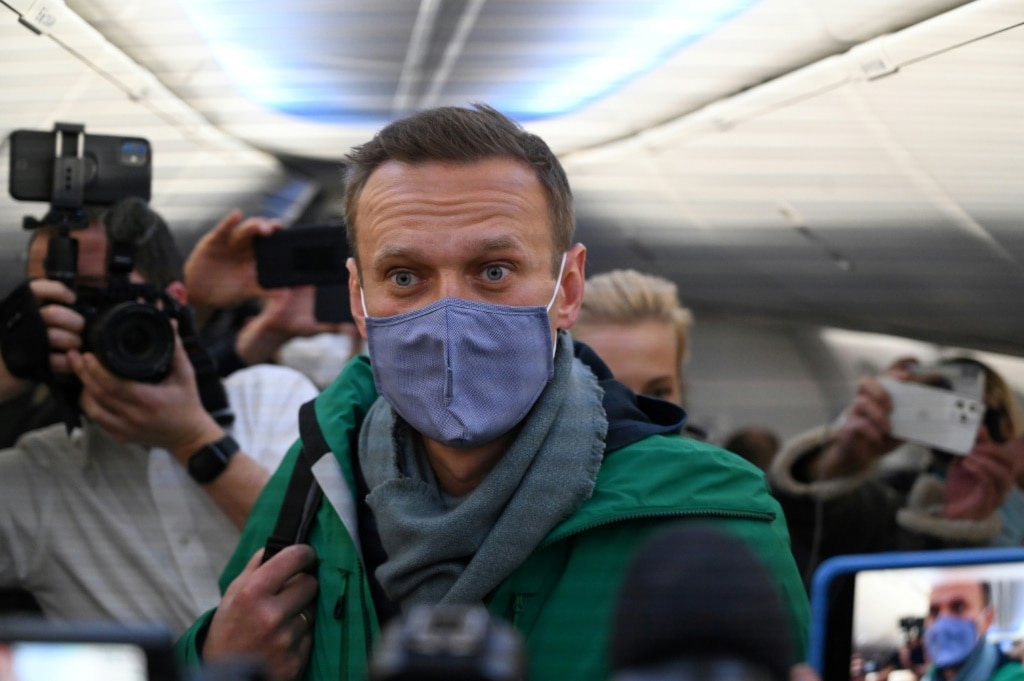
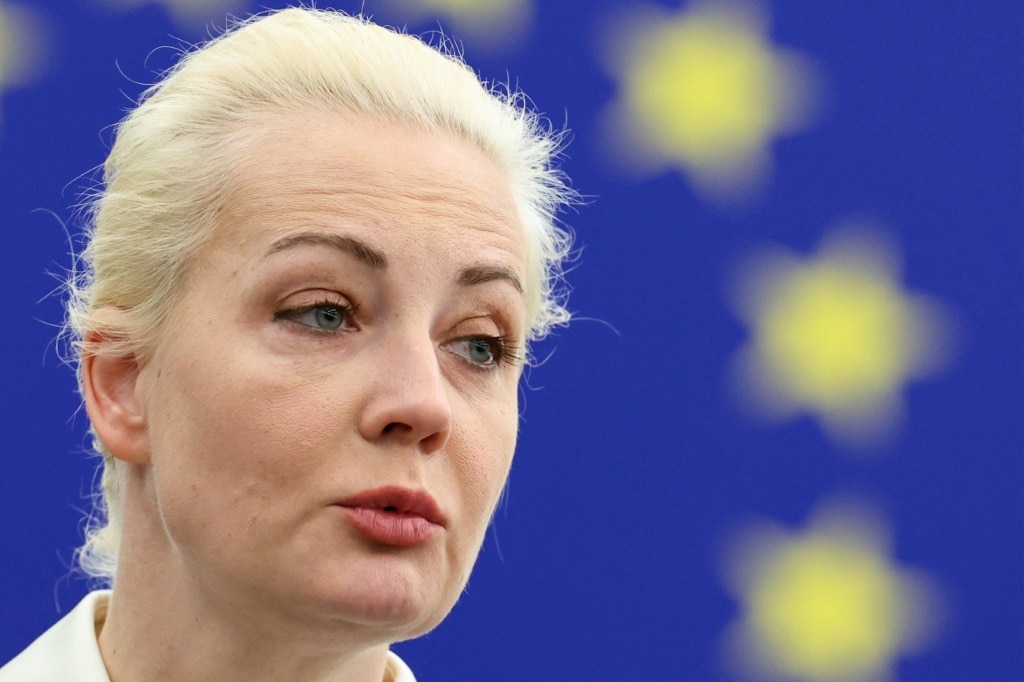


Now the poets and the storytellers must take over, telling the story of a great man that will reverberate through the generations, a man who laid down his life for his people. Because that is the potency of the sacrificial act; it is so rare, astonishing, galvanising. And so we turn to Alexei Navalny, the Russian opposition leader whose sacrifice was driven by a deep love of his country and of his compatriots, who deserve so much better than their latest iteration of dictator – the underpants poisoner, deep in his bunker, so afraid of free and fair elections. Navalny’s decision to return to his beloved homeland to an almost certain death seems so glaringly, morally antithetical to much of the craven, duplicitous, lily-livered and stubborn political class we have now in our world order. We’re not used to heroes in real life anymore.